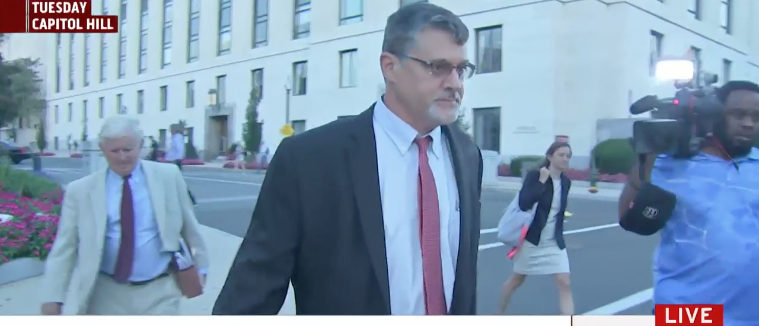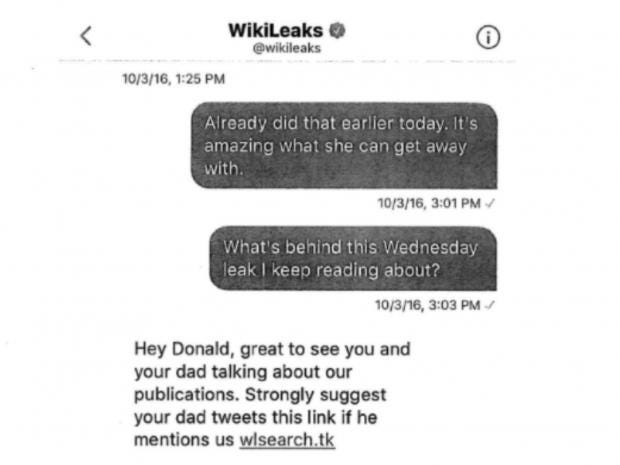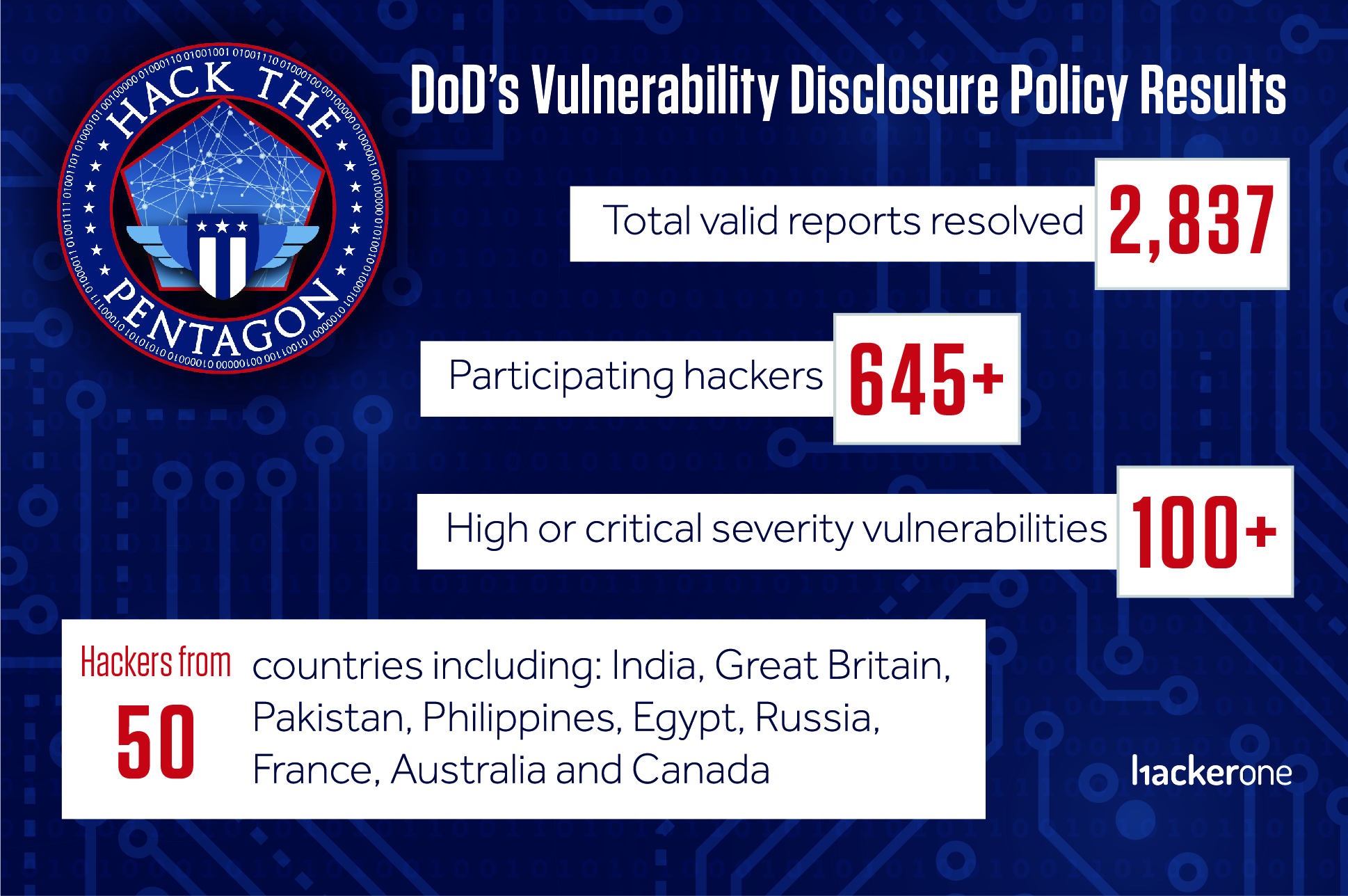The 4 page contract is here, it appears it was an emergency choice and hire.
US embassy hires security firm of former Russian spy who worked with Putin
The US embassy in Moscow is to be guarded by a company owned by a former head of KGB counter-intelligence who worked with British double agent Kim Philby and young Vladimir Putin, after cuts to US staff demanded by Russia.
Elite Security Holdings was awarded a $2.83 million contract to provide “local guard services for US mission Russia,” which includes the Moscow embassy and consulates in St Petersburg, Yekaterinburg and Vladivostok, according to a post on a US state procurement website.
The contract and background of the firm came to light in a Kommersant newspaper report on Friday.
Elite Security, a private company and the oldest part of the eponymous holding, was founded in 1997 by Viktor Budanov and his son Dmitry, according to a Russian business registry.
A 2002 article posted on the site of Russia’s foreign intelligence service identified Mr Budanov as a major general in the agency who became a Soviet spy in 1966 and retired a year after the collapse of the USSR.
His long work in Soviet and Russian intelligence could raise questions about whether the guard services contract poses a security or intelligence risk to the US mission.
The US embassy referred The Telegraph to the state department, which did not respond to requests for comment.
Moscow forced Washington to cut its diplomatic staff in Russia from more than 1,200 to 455 in response to sanctions adopted against Russia in August.
Before his work in foreign intelligence Mr Budanov was the director of the KGB’s counter-intelligence division, he has told Russian media.
He also was head of the KGB branch in East Germany in the late 1980s, where a young Mr Putin served under him. In a 2007 interview, Mr Budanov lamented the collapse of the USSR, praised Mr Putin’s leadership and warned that Russia “can’t constantly act as (the Americans) want” or it would be destroyed.
He has also said he worked with Britain’s most infamous Soviet double agent after Philby defected to the USSR in 1963 and was once a guest at a private lunch given in Philby’s honour by Yury Andropov, the KGB head who became leader of the Soviet Union.
In the 1990s, Mr Budanov became acquainted with high-level US intelligence officials while providing business intelligence and security to foreign companies.
He formed a joint venture with the former assistant director of the National Security Agency and said in 2007 he personally knew the head of security at the US embassy in Moscow.
International Risk and Information Services, a company Mr Budanov founded in 1992 that later became part of Elite Security Holdings, says on its website it employs staff with experience in “state security organs”.
In testimony before a UK court in 1993, Oleg Gordievsky, a KGB bureau chief in London who became a British agent, said Mr Budanov had drugged and interrogated him after he was recalled to Moscow under suspicion.
Mr Budanov also handled sensitive operations like teaching Bulgarian agents how to use a poisonous umbrella to kill dissidents, Mr Gordievsky said.











